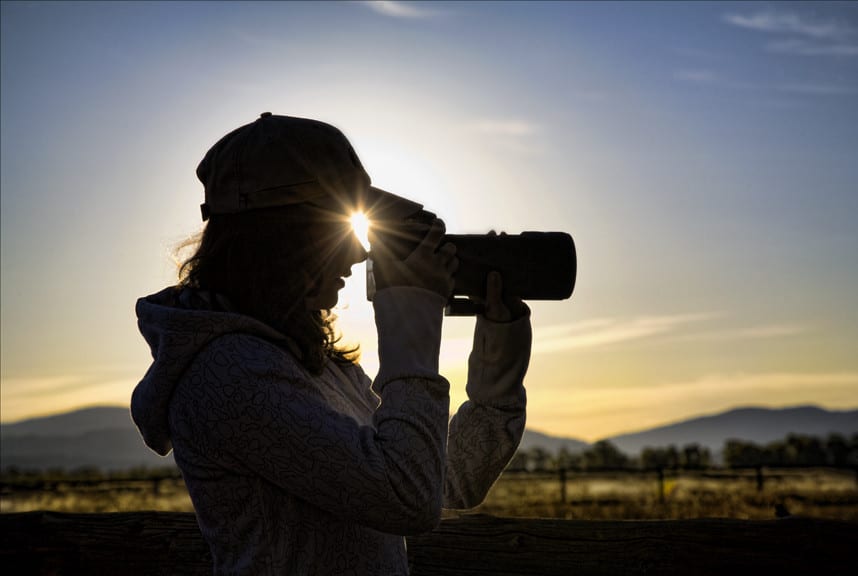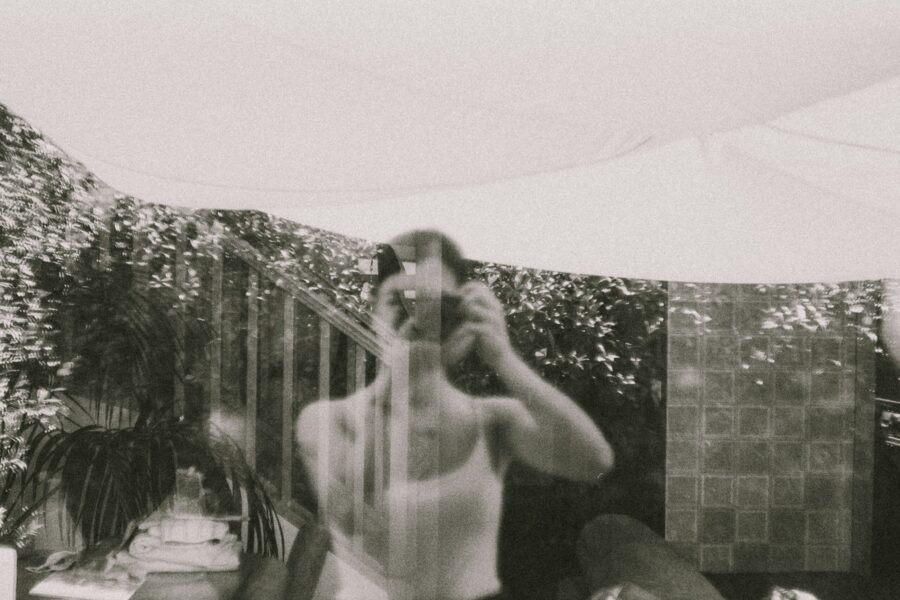Wondering how to start a photography business? Award-winning photographer and best-selling Camera+ app entrepreneur Lisa Bettany started without a camera. After a tragic figure skating accident that dashed her Olympic dreams, she borrowed a friend’s DSLR and she began exploring photography as a creative outlet.
“I was living in Vancouver at the time and I had access to a lot of friends who were actors, musicians and models. So I started taking picture of my friends and their gigs. They really liked what I was doing and they actually started to pay me. I thought, ‘Wow, maybe I can leverage this into something else.’”
She began sharing her images on her blog and within a year had a packed schedule as a freelance photographer. “That’s when I started doing weddings and actual paid work,” explains Bettany. “When you start in photography really you have to take anything. So I did events, I did weddings, whatever I could get my hands on. I just kind of did whatever they would pay me for.”
Two years later, in 2008, that Bettany began working on her photography app Camera+.
“That’s when I began relying solely on income from photography. It was a pretty bootstrapped year, just making my way in photography. I decided at that point to stop doing video and web tasks and focus on photography. I changed my blog to be more centered on photography and education. I created a focused portfolio and rebranded myself as a photographer instead of a person who does anything and everything.”
Since she first picked up that borrowed camera thirteen years ago, Bettany has been named Forbes’ Top Female Tech Entrepreneur, Huffington Post’s Top 30 Most Influential Photographers on the Web and has grown her online community to over three million followers.
Here’s her advice on what you need to start your own photography business:
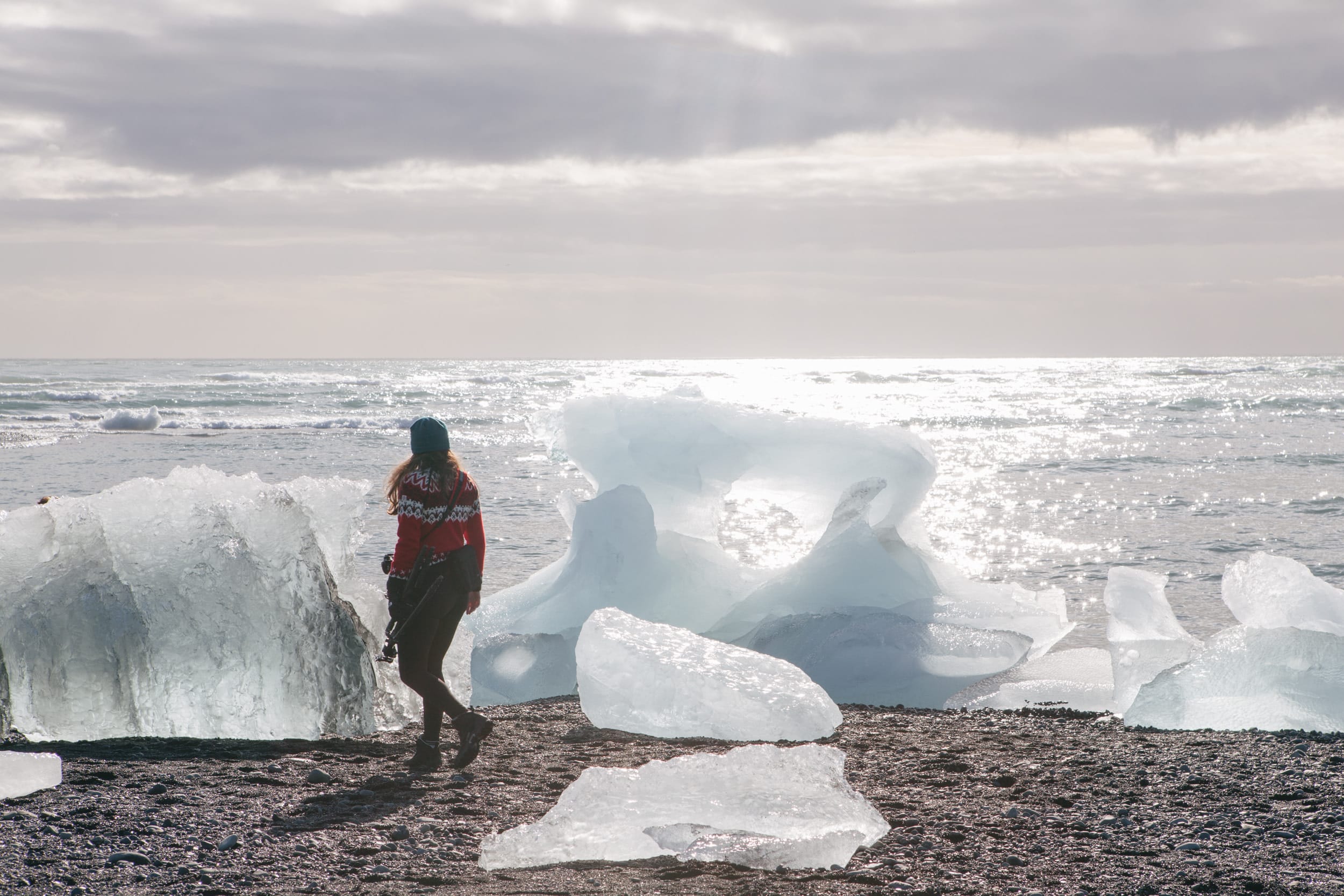
1. Explore different styles before finding your niche.
“When you start out you don’t have a portfolio, you just have 50 photos you think are your best photos. They could be anything—a beetle or your hand or some grass. You have a representation of some of the photos you can take. From that, you get some bites here and there.
“When you start to get the word out about your work, you can hone in on what you’re actually good at and what you want to do. For me that’s changed dramatically throughout the last eight years. I started in portraits and then I did events and weddings and now I am pretty much solely doing landscape. It’s pretty dynamic what you can do in photography.”
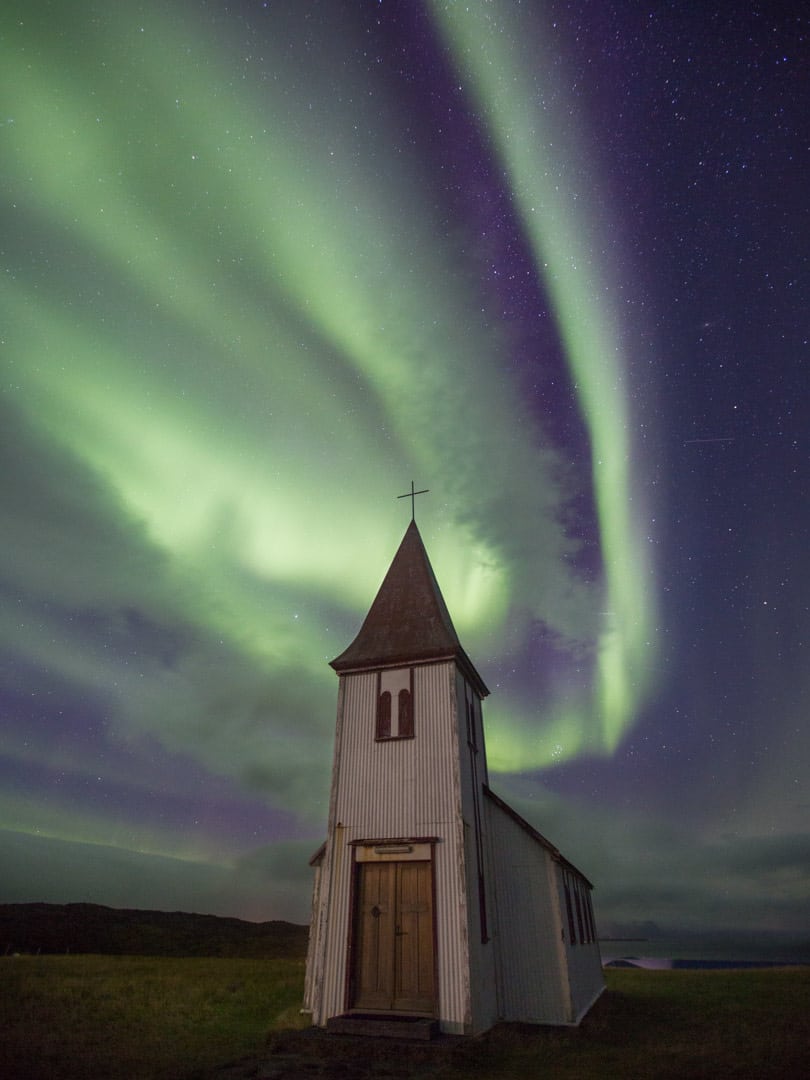
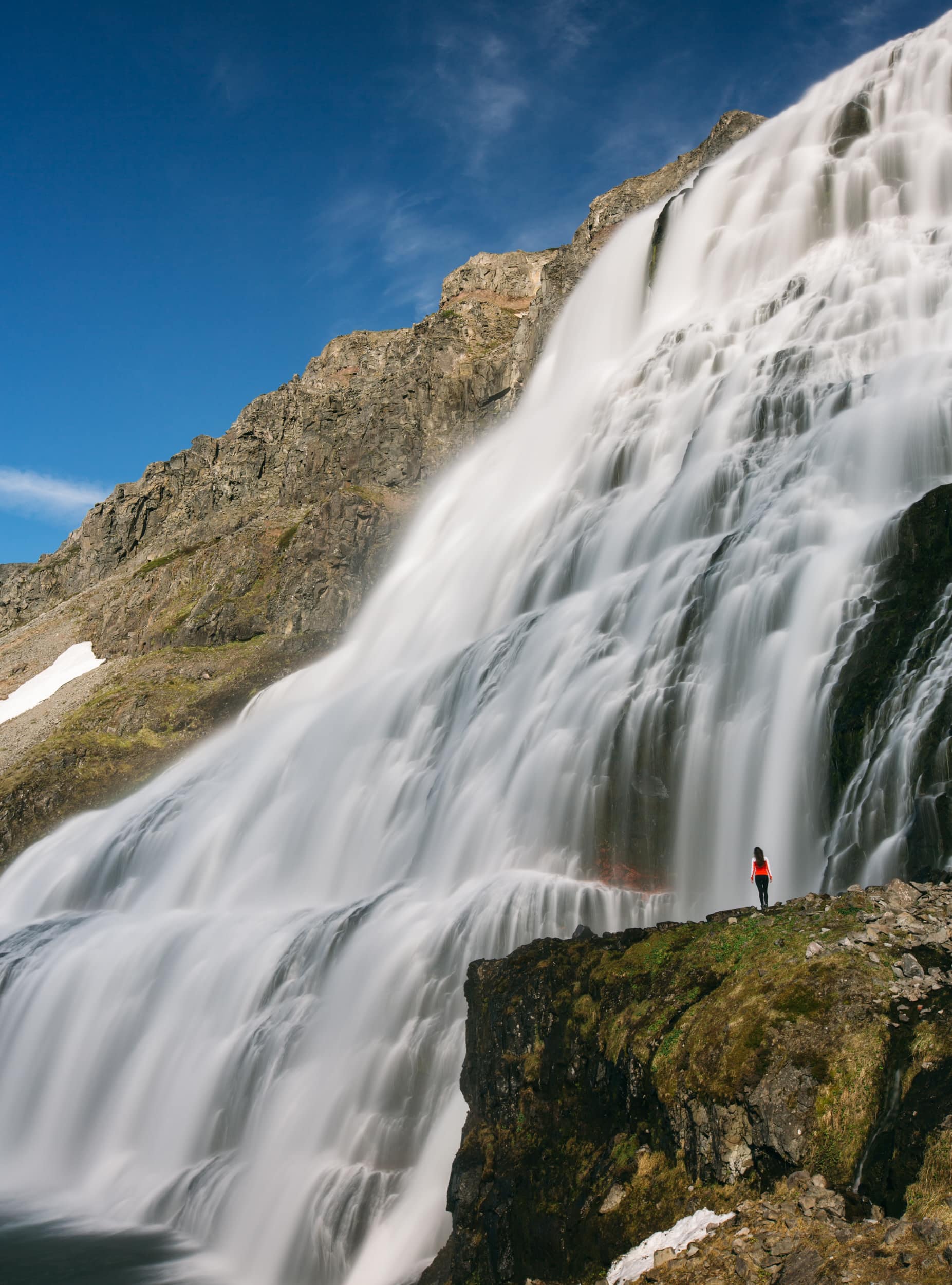
2. It’s not just about art and creativity.
“I wish I had known how much time I’d have to spend marketing versus shooting and how important that part was in the whole picture. I thought it would just be about the photography and taking the best pictures. But it is also about promoting and connecting with other people.
“The business savvy is something that a lot of people don’t value. Being entrepreneurial is so key to success because you can’t just be an artist—you won’t make money. I think that’s the missing link for a lot people who aren’t able to break through.
“And certainly there is that side of me that wishes that everything could just be about art and creating. But when you have to deal with clients it’s about pleasing the client. I think that’s the missing link for a lot people who aren’t able to break through. They’re not putting enough emphasis on the entrepreneurial side. This is a business, you need to think, ‘How am I going to make money and support myself?’

3. Keep growing your skills, along with your business.
“Diversifying has really been key. When I started, it was the start of social media and the web 2.0 concept. Jobs are very different nowadays. Even with a wedding, people don’t just want pictures—they want a video, they want something they can share on Facebook. If you start out with that knowledge and develop various skills as you go along, you’re ahead of the game.
“For me photography has always been a part of a multimedia platform that I have had around me. And while photography is my passion, it is a part of the many things I do.”

4. Build a professional online portfolio website.
“It’s important to have your voice out there as well as your photos because that’s what separates you. I think it’s important to have a home base. A lot of social media brings it back onto itself rather than bringing it back to your portfolio and your work.
“If people go to your portfolio they can see all of your photos rather than going to your Facebook where they get distracted by someone’s new baby photos. Your portfolio is your voice and your photos in one place.”
Ready to build your own photography? Start your free 14-day trial here, no credit card required.

5. Know what you’re worth.
“Be very clear on the pricing of your work. You need to value your work and your time. Make sure you’ve done your research to know how much you can charge because people will try to not pay you.
“I went through this whole experience of starting a photography business not knowing how much to charge and it’s really hard to figure that out. The best way to figure out your pricing is to just ask another photographer who you admire how much they charge for a shoot or prints and do your research.
“When you do a shoot, remember it’s not just that hour you’re taking pictures. It’s driving to the shoot, scouting location and finding models. Have a clear price list, write it down and have it ready to send out. And stick to it! Don’t let clients be cheap, or else you’ll end up working for free, you won’t make any money and you won’t have a photography business.”

6. Invest time in marketing your brand.
“Marketing is a side of the photography business that I don’t love to do but I know it’s essential to surviving and being present. I see a lot of people struggling with that—they start a photography business and they don’t consider that aspect of it.
“I think from the beginning I was developing a brand versus a photo. I tried to incorporate my brand into the words I was saying but also in the photos I was taking. I wanted people to see anything I was doing and trace that back to me.
“It’s something I struggle with on a moral basis, especially when I see amazing photos getting no credit. It’s really just because that person is shy. The loudest voice is often the voice that is heard the most.
“I try to go somewhere in between that: I try to be authentic and genuine in the things I am saying. I just try to put it out there as much as I can and get as many people looking at it as possible. I know that the minute I stop marketing myself that people will stop looking at my work.
“The more you can get your work out there, seeing it and talking about it, the better you will do.”
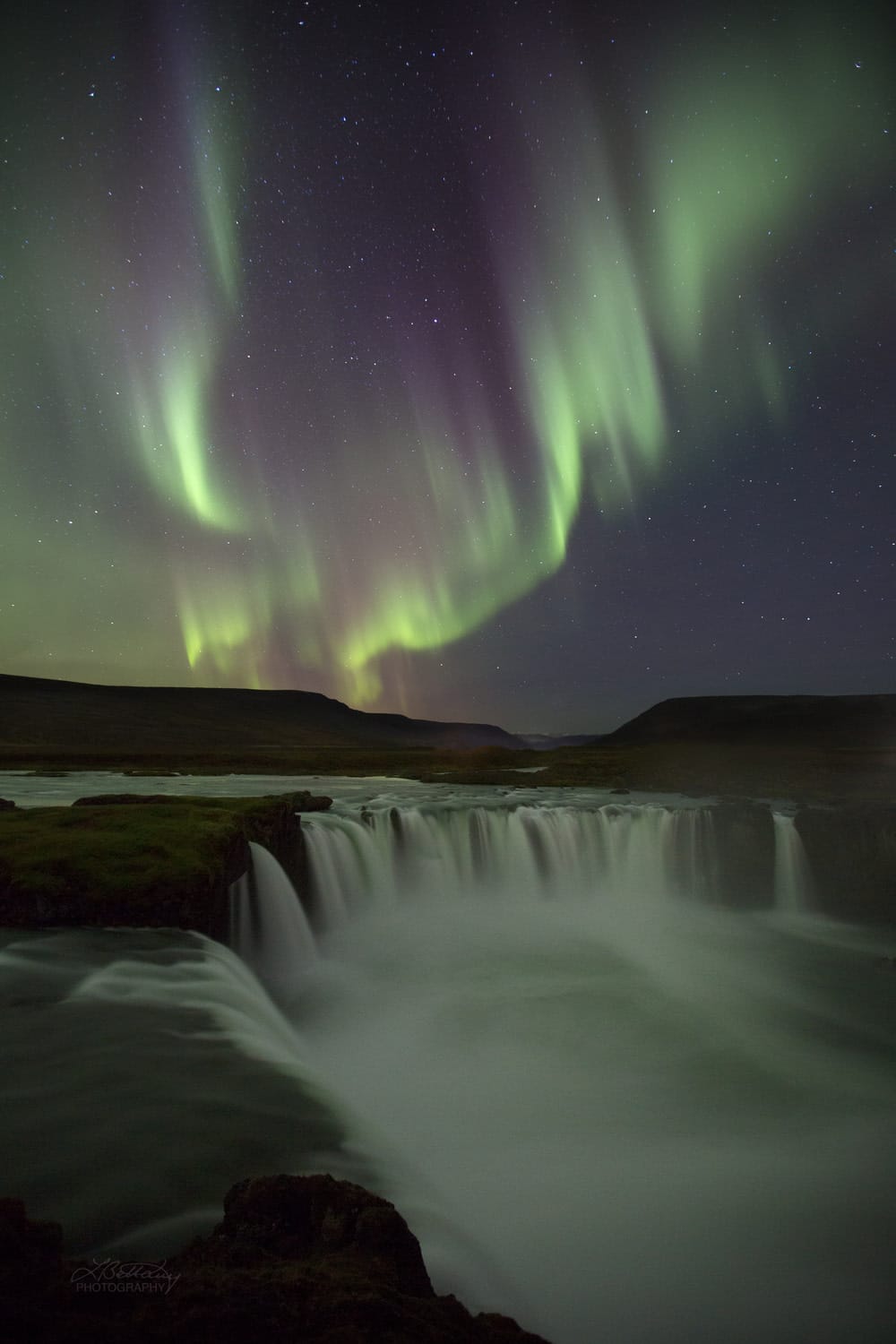

7. Learn the basics. Capture the emotion.
“For myself and a lot of the photographers that I know who are doing very well, they are all self-taught. With the information that is available online and through online courses—many of them that are free—you have all the tools to learn the technical knowledge.
“I learn as I go. I learn the things I need for each situation. I’ve done that all the way through. Photography doesn’t have to be really complex. You just learn the rules and once you know them, it’s about the art. So you can put them aside and focus on the actual emotion of what you are creating.
“With photography, you can learn so much and go into so much depth. You can learn the physics of lenses and all this stuff. But for actually working practically in photography, it’s really just about being there and capturing the emotion. It’s a process, you learn by doing. It’s proved quite effective for me.”
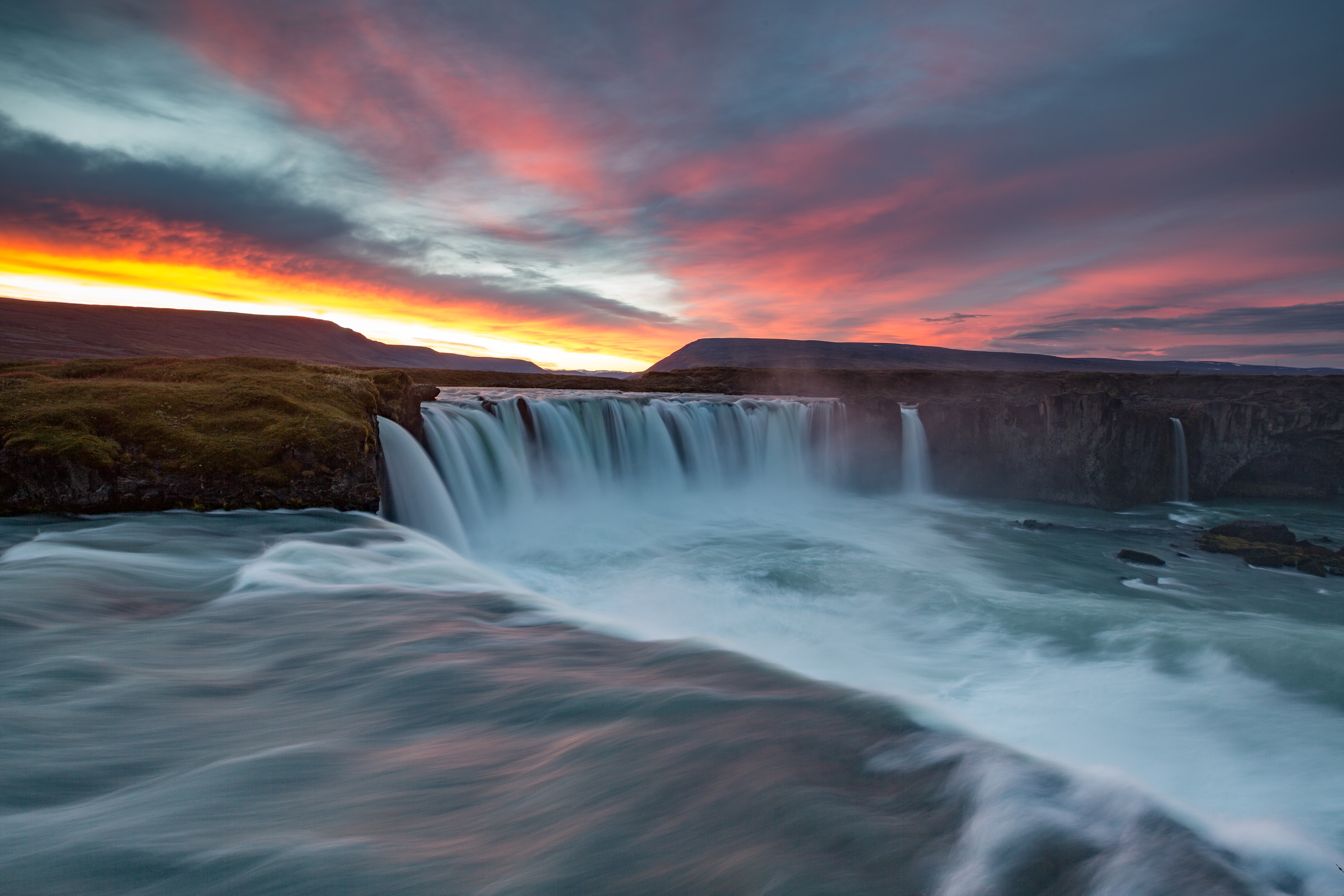
8. Start with what you’ve got.
“I don’t like money to be a barrier to people pursuing photography. If you can’t afford that $5,000 DSLR, start with your iPhone. Start with what you have and then go from there. I see so many incredible photos from iPhones.
“We are seeing this big shift. It’s giving a lot of people the tools to become photographers at a cheaper price. You don’t have to spend $20,000 on gear anymore. I’ve always been a big believer in if you have an interest in photography, just go for it. You just have to have that raw determination.”
How To Be a Successful Photographer: An Overview
re you feeling inspired and ready to start building that lustrous photography career? We bet you are! But, before you get started, to boil things down and ensure we’re all on the same page about the tips Bettany recommended, we want to make sure one point is very clear.
When it comes to successful photography, one of the biggest takeaways Bettany provided us with is the importance of considering the business side of your photography career. While we all love photography for the creative outlet it provides, if you’re not marketing yourself, your photography is essentially just a hobby. You need people to know about your services in order to grow a career as a successful photographer.
Ensuring you have a professional, well-designed photography portfolio and website is one of the most effective things you can do to help attract clients and share your services. Format makes this easy even if you have no experience building websites. With professionally designed templates, we will have your photography website up in no time, no complicated coding required.
How To Start a Photography Business: The Slow and Steady Method
If you’re feeling a bit overwhelmed by all of these tips, we want to simplify some things to help reduce the overwhelm you might be currently experiencing.
Namely, we would recommend focusing on a small handful of tips mentioned above. While all of the tips Bettany provided on how to start a successful photography business are relevant and necessary, if you’re just starting out, you might find simplifying keeps you more focused.
For instance, you might want to solely focus on finding your photography niche before you even begin to entertain marketing. If you’re a bit more advanced and know where your career is headed, perhaps it would be best to solely focus on marketing and building your portfolio. If you start to add something like “growing your skills” into the mix while you’re still in the marketing stage, it’s easy enough to get overwhelmed.
Really, when it comes to how to start a photography business, it’s all about going at a pace that feels natural for you. For some, working on multiple parts of the business simultaneously is totally doable, while, for others, taking things one step at a time might be preferable.
Find the pace that works for you, use the tips from above, and in no time at all you’ll have your photography business off to a great start.
All photos by Lisa Bettany. Find out more on Lisa Bettany’s online portfolio at lisabettany.com and her blog at mostlylisa.com.
